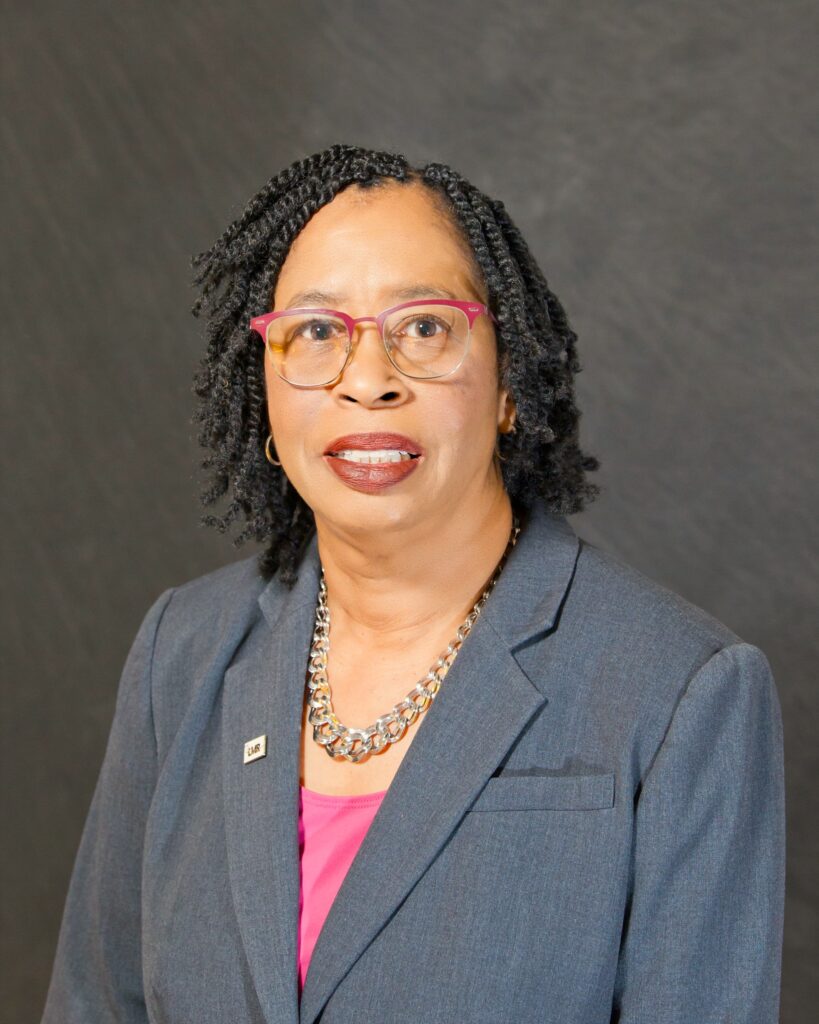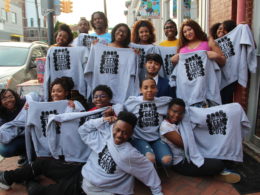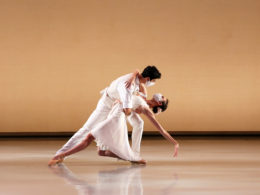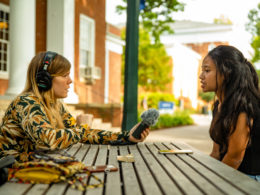Talk about living your brand. Myra Smith has served as the president and CEO of Leadership Metro Richmond for the past 14 years, an organization that touts the value of serving your community in a leadership capacity. Myra has done just that but not only at LMR. Previously, she held various executive roles at the local United Way for 23 years. Now, that’s a lot of service.
In late spring, Myra announced her retirement, and as the board conducts a search for her successor, The Phil sat down with her for a valedictory interview.

Phil: LMR will celebrate its 45th birthday next year, which means that you’ve led the organization for close to one-third of its life. What are you most proud of over that time?
Myra: When I think over those 14 years, I’ve had the opportunity to work with over 1,000 community leaders, and I am most proud of them. I’ve seen how they have grown into community leaders who have the desire to serve and are prepared to lead. The ability to work well with others. I know it sounds simplistic, but Community Leadership is about “how do you mobilize individuals to work together to get things done?” I’ve been in this region for my entire life, and I just smile when I see folks who have stepped out and did remarkable and impactful work in our region. So, that’s what makes me proud – when I see the work that’s getting done and being led by them.
Phil: Leading LMR puts you smack in the middle of a lot of conversations.
Myra: You know, I’ve been around a long time, and I’ve sat at a lot of tables, and one of the joys for me is that my network is so diverse, and that’s what LMR is all about – diversifying those community tables, having different perspectives. I want to quote Joe Sumner, who used to be a professor at Auburn. He says that the economic vitality of communities is largely dependent on the quantity of leaders. We can never have too many community leaders. He also says, it’s how we show up, how we talk, act, decide and interact with one another to come up with solutions to get things done.
Phil: There’s been a great deal of stability at LMR over the years. But what do you think has changed?
Myra: There have been some changes here and there with the primary program – Leadership Quest. Over 2,500 individuals have gone through Quest in the last 45 years, and each class has brought together unique perspectives and lived experiences throughout our region. There was a time when the emphasis was on making connections and preparing community leaders to serve, and that’s still important. But what we’ve learned over time is that we need to lean into how we help them connect to engagement opportunities in our community. That’s what led to our focus on board service. We surveyed our graduates and found that between two-thirds and three-fourths of them ended up serving on nonprofit boards after Quest. Even though LMR graduates were filling these board seats, more was needed, and we started to provide other leaders in our region with a pathway to nonprofit board service. And now our expanded focus includes how we prepare residents for nonprofit board service. It is also important that we continually address the needs of our community’s leadership. We’re about to go into a conversation about AI and community leadership. We recently partnered with One Small Step. We held a forum to have a conversation in the wake of the election. We look for opportunities to have meaningful conversations among people with diverse perspectives and opinions. We need more of that.
Phil: You mentioned Leadership Quest, your signature program. For readers who don’t know what that is, could you describe what it’s all about?
Myra: Number one, when you apply to Quest, you’ll meet a diverse group of community leaders, folks you might not otherwise meet in your journey through our region. So, you’re going to expand your network right away. Second, you’re going to expand your knowledge about regional issues like – education, workforce, transportation, socio-economic differences, health and the environment. We believe that leaders need to be informed and understand the connectivity of those issues. Years ago, we used to have project teams, and today we have immersion teams, made up of about 10 individuals. Each participant selects an issue they want to work on through an immersion experience. We introduce design thinking, which is a tool for solution building. Ultimately, the teams are on a journey of inquiry and working together to solve a problem within their issue area.
Phil: You mentioned servant leadership as being a core component of LMR. Why is servant leadership so important to the Richmond community?
Myra: I think the pandemic taught us that leadership has shifted and changed, and it’s really more about the wellbeing of the people you serve. That’s what servant leadership is about. Not serving yourself, but serving the needs of others, having a greater sense of empathy, and a greater capacity for listening. I think that we became more empathetic as we moved into the pandemic and began to shed light on the issues that we have struggled with for years. Challenges are more complex today than ever before, and we must think deeply about how to work together and move things forward. Servant leadership is about serving others first. It includes the attributes of healing, listening, foresight and acceptance of others. As we move forward, we need to recognize that we are different.











Well done Josh and congratulations to Myra on her service with LMR!